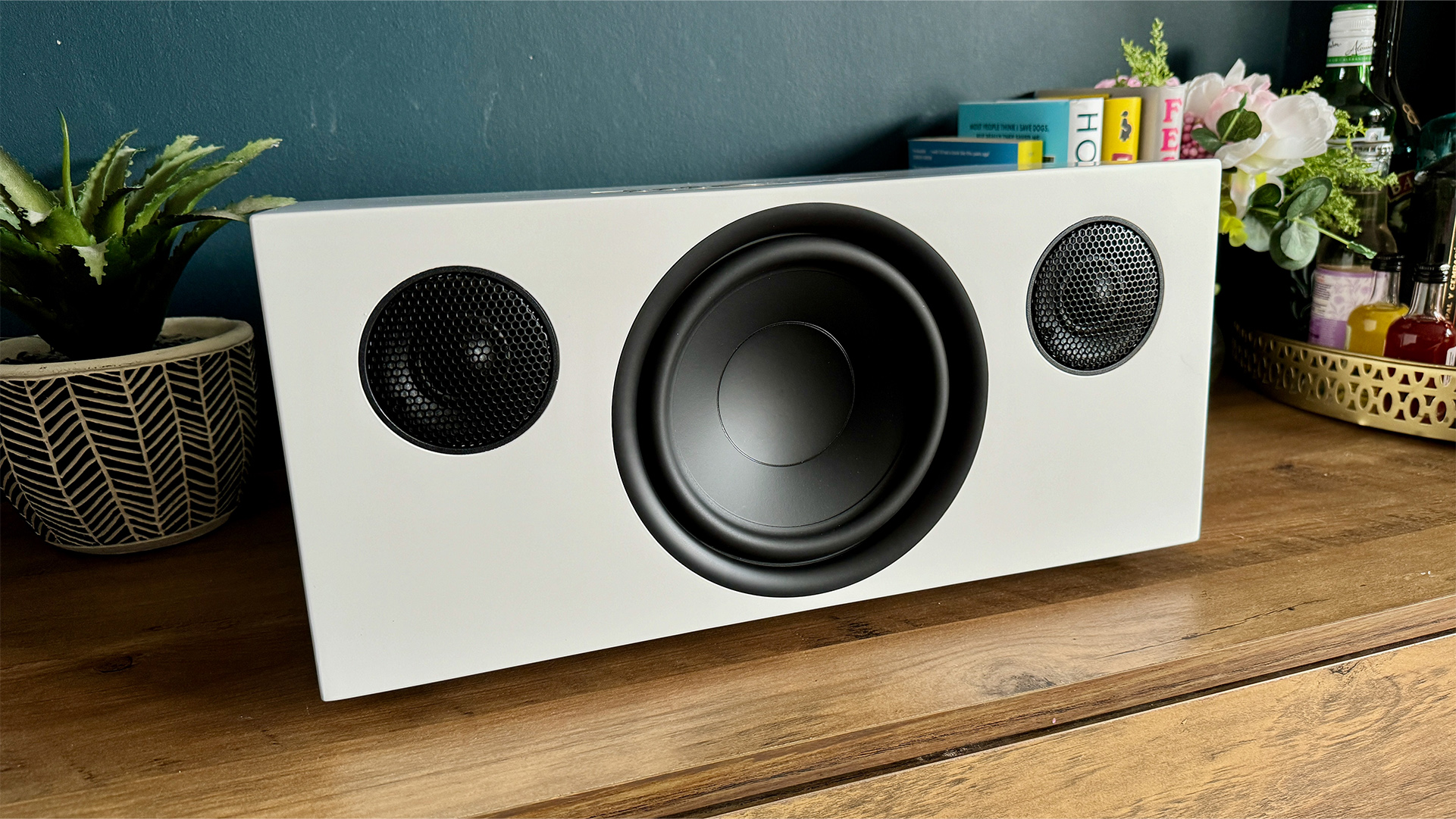8 most exciting British hi-fi products launching in 2023: Rega Naia, KEF R3 Meta and more
The eight British hi-fi products set to arrive this year, for which the What Hi-Fi? team is most excited
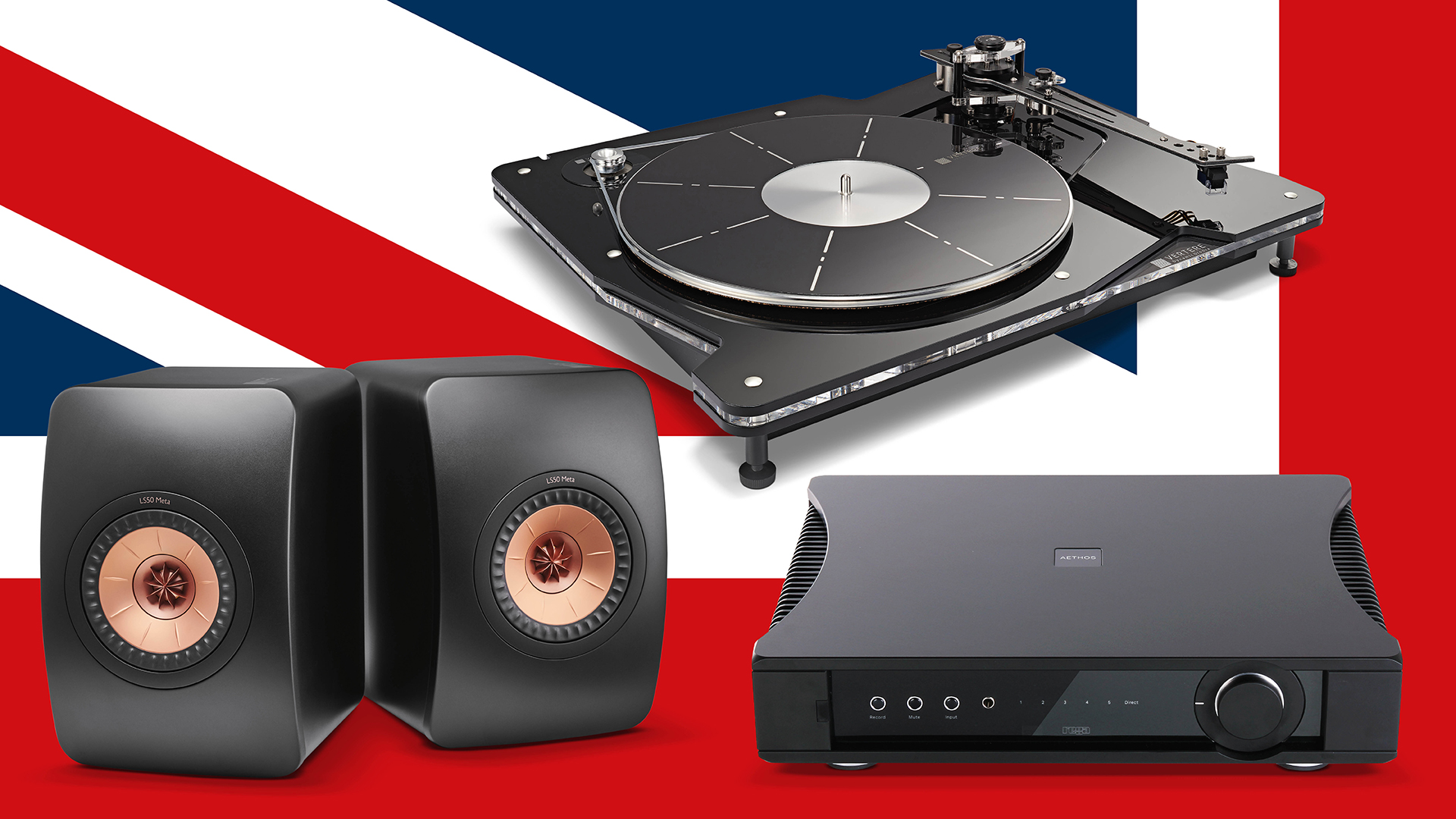
It’s only March but 2023’s already been a massive year for British hi-fi, with big-name brands unveiling some truly awesome-looking products that have left the team of audio experts at What Hi-Fi? outright squealing with excitement.
But, while the influx of new kit is awesome, it’s also made finding THE most interesting products to keep tabs on a pretty tricky task for even the most ardent of music fans. Here to help you keep on top of all the headlines and launch dates, our team of experts has created this special guide detailing the most exciting British hi-fi kit set to arrive this year.
This article is part of our special British Hi-Fi Week special event, where our team of experts celebrates the best hi-fi from our home nation, both past and present.
Mission 778X stereo amplifier
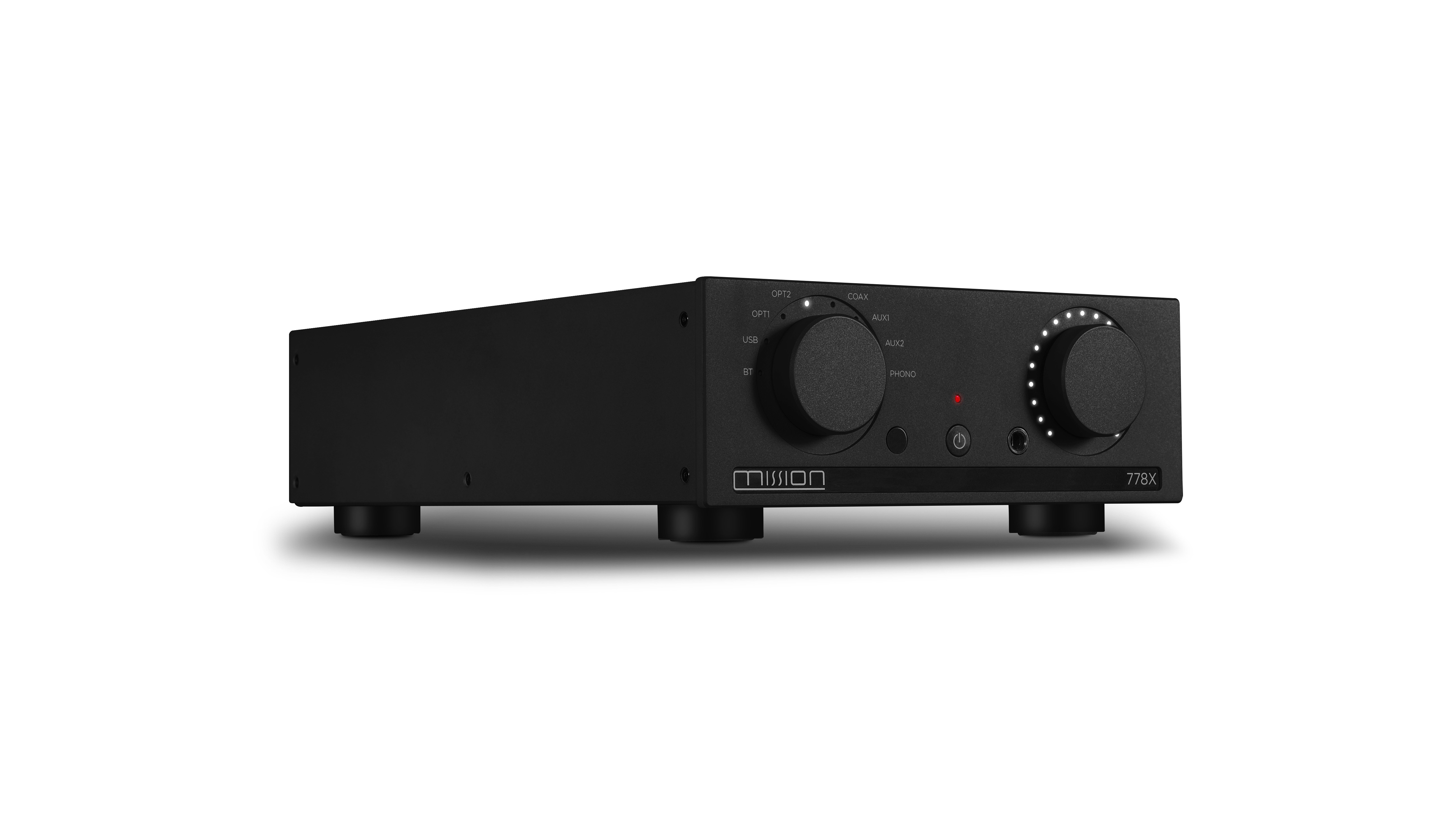
We first covered the Mission 778X stereo amplifier back in December 2022, and boy have we been eager to get it into our test rooms since then.
The Mission 778X stereo amp is exciting for two reasons. First, because it’s the company’s first stereo amp in over 40 years – for your reference that means it hit the scene when Return Of The Jedi was doing its first run in cinemas.
The second is that it’s a modernised version of the 778 – which is an iconic product in the world of hi-fi. Key specs include a hi-res DAC, which is based around the ES9018K2M chipset seen in the Sabre32 Reference family.
The use of ESS Technology’s 32-bit HyperStream architecture and Time Domain Jitter Eliminator also means it should deliver dynamic range and low distortion – though we’ll need to test it to confirm this. Hi-res PCM files are supported up to 32-bit/384kHz, and DSD to 11.2MHz (DSD256).
Get the What Hi-Fi? Newsletter
The latest hi-fi, home cinema and tech news, reviews, buying advice and deals, direct to your inbox.
This plus its modern connectivity, and Bluetooth support, make it a very enticing bit of kit, especially considering its £549 / $799 / AU$1199 price tag.
Rega Naia turntable
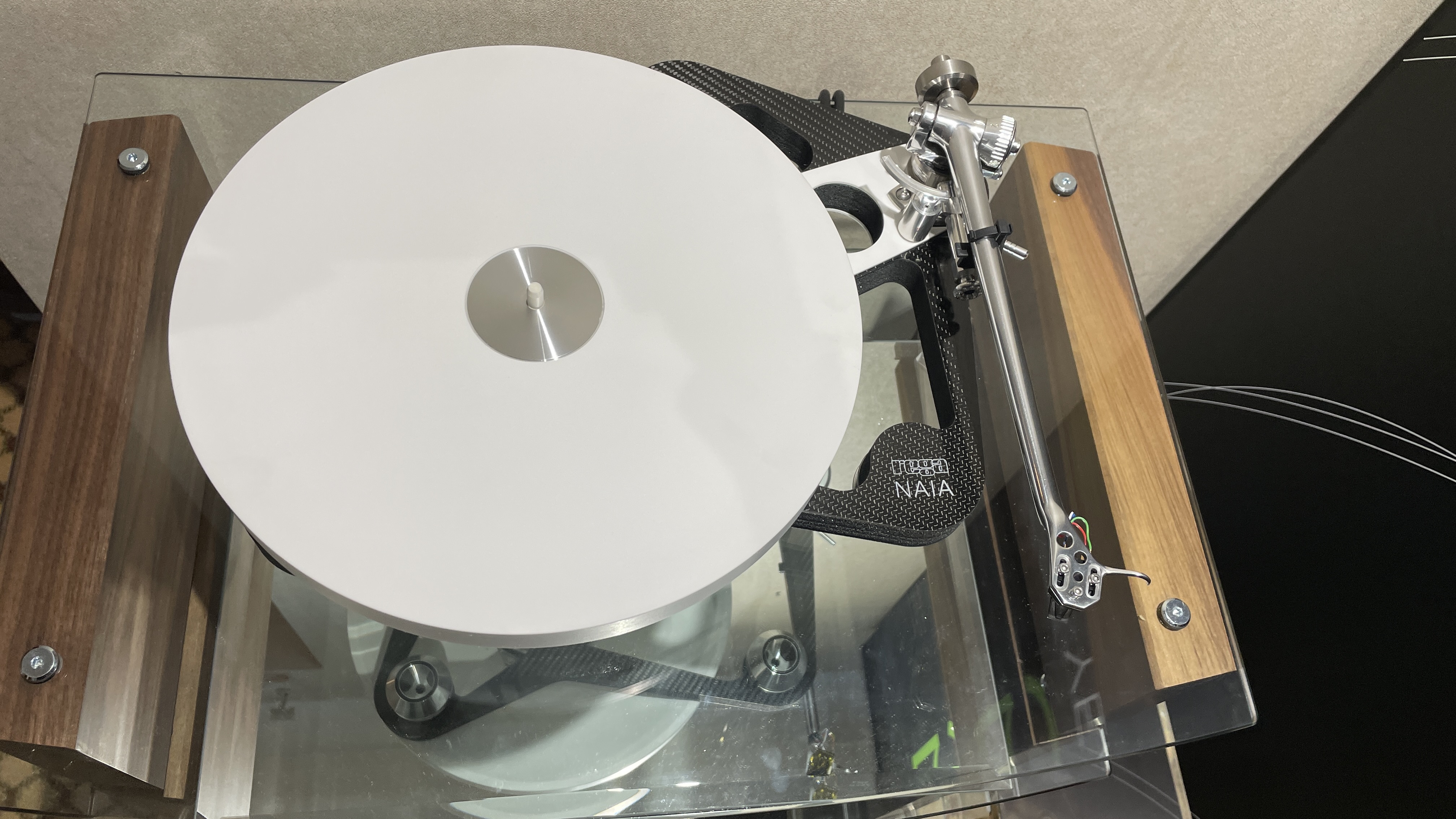
Rega unveiled the Naia turntable at the Bristol Hi-Fi Show in February, and since we saw it at the show we’ve struggled to contain our excitement.
The Naia is the new turntable Rega is releasing to celebrate its 50th anniversary this year. At its heart, the Naia is a production version of the £30,000 Rega Naiad – which the firm made as a technical exercise to show off quite how advanced its engineering is.
The first reason that we’re especially excited is that it shares so much of the same DNA as its more expensive sibling and comes with a few firsts for the company. Highlights include that the Naia's skeletal plinth is now made out of carbon fibre – a first for Rega. The RB titanium tonearm is also new.
The Naia also has a titanium vertical bearing housing and spindle, tungsten balance weight shaft and weight, and uses Rega’s one-piece polished aluminium arm tube. As an added layer of allure, it uses the same ZTA zirconium-toughened alumina (ceramic) material as the Naiad for its central bearing. The end result is a seriously cool-looking turntable.
The second reason is its price. Even though the Naia looks oh so much like the Naiad, it only costs £9200. That may not be “cheap” but considering the fact it has so many of the Naiad’s advanced features we can’t help but be excited and impressed by how much less it costs – which is why it’s on this list.
KEF R3 Meta speakers
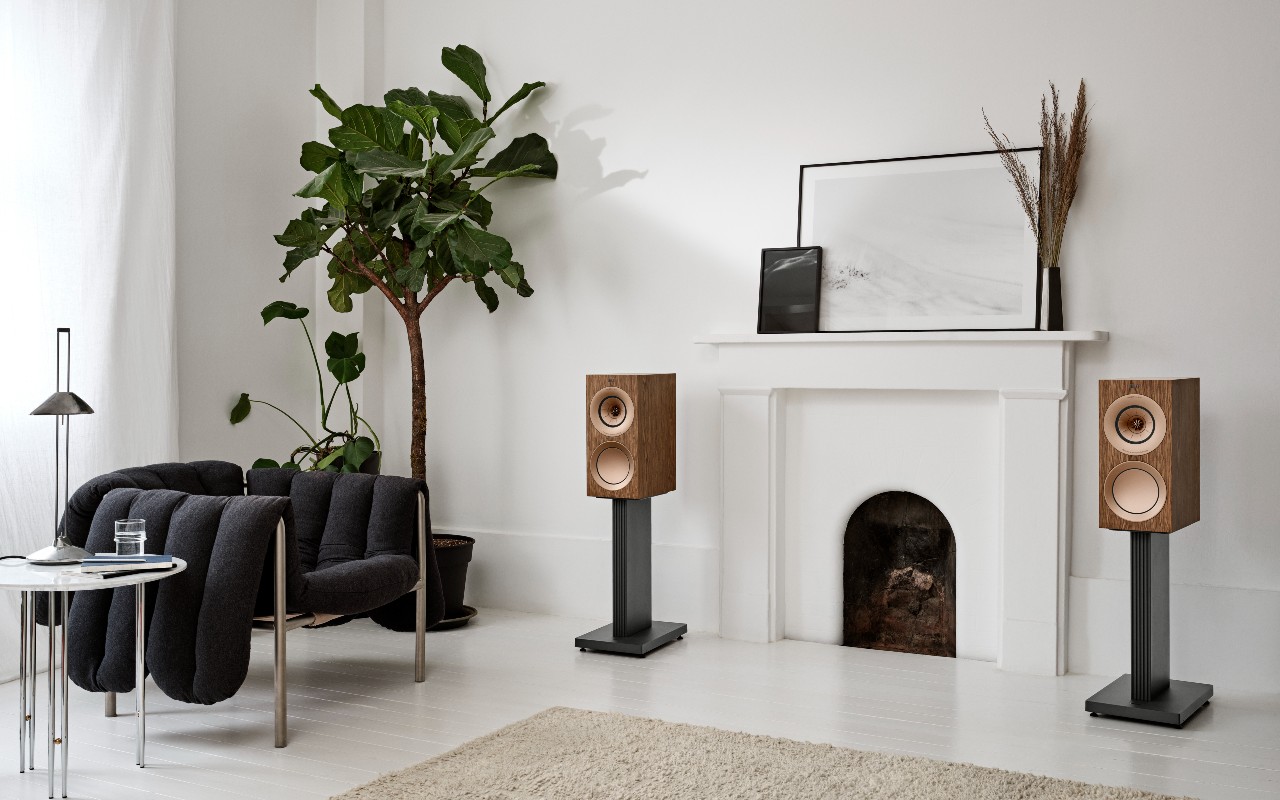
The KEF R3 Meta speakers were unveiled in February and we’ve been eager to get them into our listening rooms since then.
The main reason for this is that the whole line has been upgraded to feature KEF’s Metamaterial Absorption Technology (MAT) tech. MAT is a cool technology that the company debuted in 2020 on its LS50 Meta and LS50 Wireless II speakers.
Specifically, MAT is a circular, plastic, maze-like structure that sits behind the tweeter and is designed to absorb “99%” of the unwanted distorting sound that radiates from the cone's rear into the cabinet.
Every speaker we’ve tested with it has performed wonderfully in our listening rooms – to the point where KEF's MAT won our Innovation of the Year Award in 2020.
This, plus other key upgrades to the R-series, such as the inclusion of the 12th-generation of KEF’s Uni-Q driver, make the R3 Meta a seriously exciting bit of kit that we can’t wait to test.
Cambridge Audio MXN10 streamer
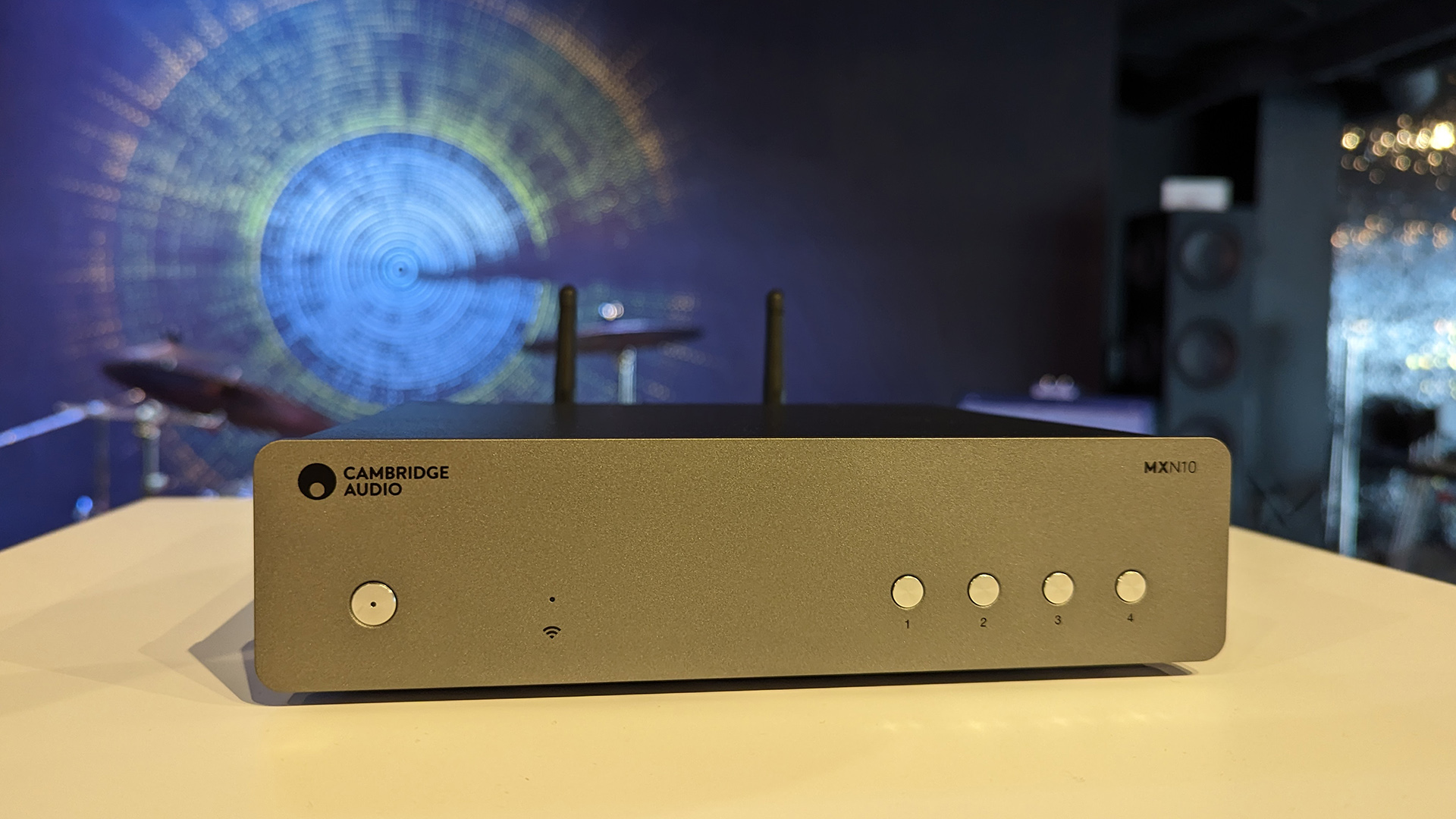
The team at What Hi-Fi? has made no secret of its desire to see smaller, better-sounding hi-fi arrive this year. And from what we’ve seen so far, Cambridge Audio’s going to deliver exactly that with its new MXN10 streamer.
The reason we’re excited is that, despite measuring in at an outright tiny 52 x 215 x 191mm, the Cambridge Audio MXN10 ticks all the right boxes, hardware and connectivity-wise.
Streaming options include AirPlay 2, Google Chromecast and Bluetooth 5.0. Cambridge’s proprietary StreamMagic streaming module also lies at the MXN10’s heart – which, with the accompanying app, acts as a control centre for streaming from your smartphone.
Inside there’s an ESS Sabre ES9033Q DAC, which lets it stream hi-res audio files up to 32-bit/768kHz PCM and DSD512 files and support for Spotify Connect, Tidal and Qobuz.
In fact, the only odd feature missing on its spec list is that it doesn't have native MQA support for Tidal Masters streams. But, considering the fact it only costs £449 / $499 / €499 we can’t help but still be very excited about the MXN10 – which is why it’s on this list.
Audiolab 7000 Series
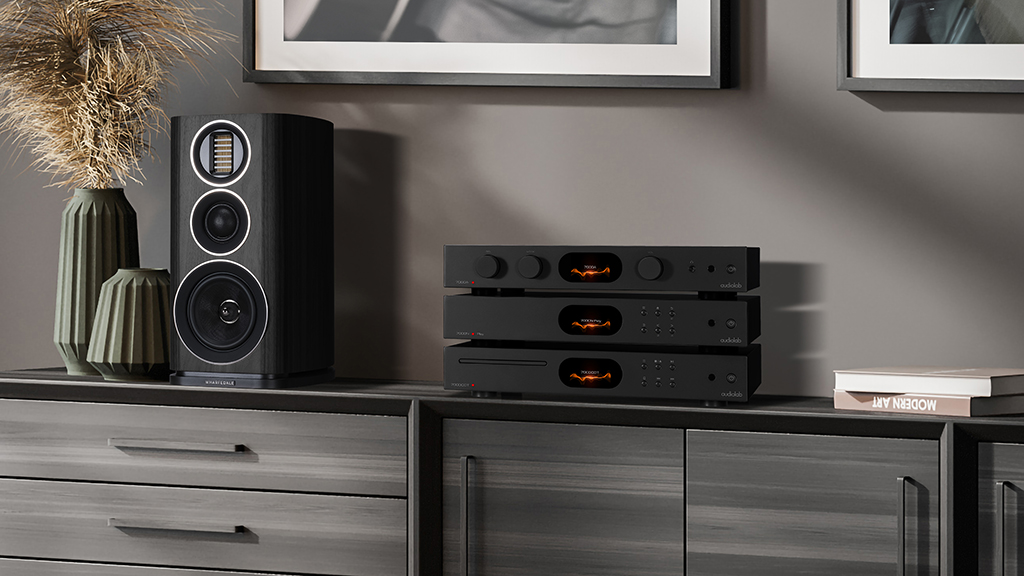
Audiolab unveiled its 7000 Series in February and while they don’t feature all the bells and whistles seen on the company’s more expensive Audiolab 9000 Series reference line, from what we’ve seen so far they are still very enticing bits of kit.
The 7000 Series comprises three products – an amplifier (7000A), CD transport (7000CDT) and music streamer (7000N Play) – all of which have some fairly impressive features considering their price.
The 7000A integrated amplifier costs £1099. The key thing that makes it interesting is that, unlike its 9000 and 6000 siblings, it has a USB Type-B input for PCs, Macs and phones. As well as making it more flexible, the addition also means it has file support for PCM 32-bit/768kHz and DSD512.
Meanwhile, the £549 7000CDT transport distinguishes itself with an upgraded design and superior, tray-loading mechanism – which should be a welcome upgrade on the slot loading system seen on the company’s more affordable 6000CDT. It also features a useful USB Type-A input on top of its coaxial and optical outputs, a feature traditionally reserved for more expensive units like the 9000CDT, that’ll allow for playback from USB devices.
Finally the £549 7000N Play streamer rounds off the 7000 Series. Audiolab claims the unit offers "a significant step up" from the 6000N Play. Features and hardware-wise, the 7000N Play is based on the same third-party, app-controlled DTS Play-Fi multi-room streaming platform as its cheaper sibling. It also supports DLNA playback, Spotify Connect and AirPlay 2. But, most importantly, the 7000N Play has the same DAC chip as the 7000A and feeding optical and coaxial outputs that can be used to connect to the amplifier’s digital input or an external DAC
Though there’s nothing “revolutionary” here, the three units’ competitive price and feature set create a very compelling package, earning them a place on this list.
Naim NSC 222 streaming preamp and NAP 250 power amp
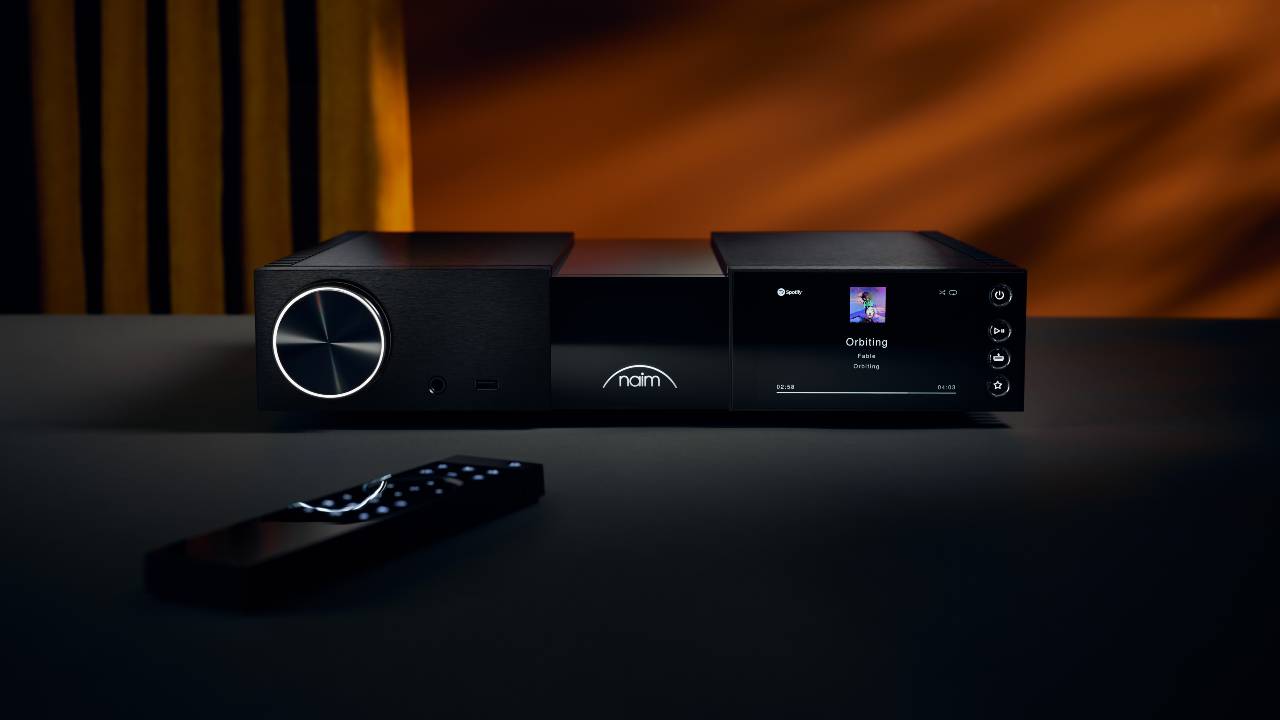
Naim is another big-name British hi-fi brand celebrating its 50th anniversary this year. And to do so it’s treating us, and hi-fi fans in general, to the new NSC 222 streaming preamp and NAP 250 power amp.
The NSC 222 is Naim’s attempt to offer buyers a gateway into streaming services such as Tidal, Spotify, Apple Music and Qobuz – though it can also function as an internet radio and networked music player. As an added perk, the NSC 222 can also connect to a record player thanks to its built-in MM phono stage.
The 100 watts-per-channel NAP 250 power amplifier rounds off the celebrations. This is the sixth iteration of Naim’s power amp, which has been in production since 1975. We’re excited about it because it borrows a number of technologies from Naim’s more expensive products. Specifically, the NAP 250 features an eddy-current circuit breaker between the speaker outputs.
Naim claims this will let it offer “more power, even better performance, and greater system-matching flexibility”. If that wasn’t enough to entice you, it also features balanced XLR connections which should certainly help Naim deliver on its performance claims.
Wharfedale Dovedale speakers
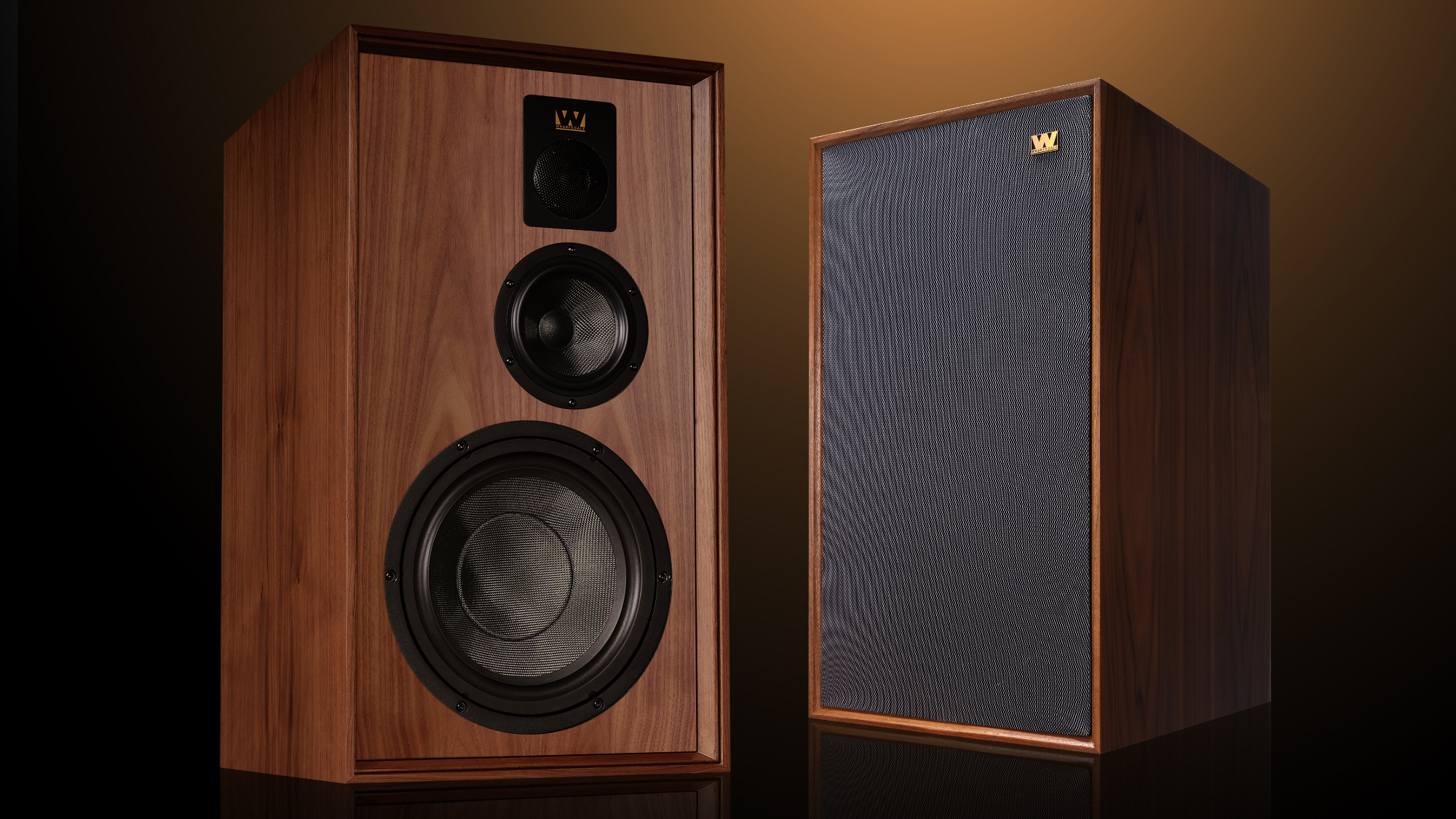
Wharfedale originally teased the Dovedale at Munich High End 2022, but it only properly lifted the lid on the new speakers in February.
The new speakers are the latest addition to the company’s iconic line, which first appeared all the way back in 1965.
What makes these speakers interesting is that Wharfedale has designed them to be taller, wider and a lot deeper than the original Dovedale 3 models so that it can load them with new drivers and a wealth of new technologies.
Specifically, the speakers feature a 25mm fabric-dome tweeter, with a custom rear chamber, which has been damped to absorb unwanted output from the back of the unit. The chamber also reportedly will reduce resonances affecting the high frequency performance.
The speakers’ 13cm midrange and 25cm bass drivers are also now made from Kevlar. The midrange unit is doubly interesting as it’s further housed in its enclosure. This is apparently to ensure the mid frequencies aren't affected by vibrations from the larger bass driver. Both units are further damped using acoustic foam and long hair fibre, and the bass reportedly reaches a depth of 25Hz.
The combined package makes the new Dovedales look like a big step forward for the range, which is why we’re so excited to get them into our listening rooms later this year.
Fyne Vintage Five speakers
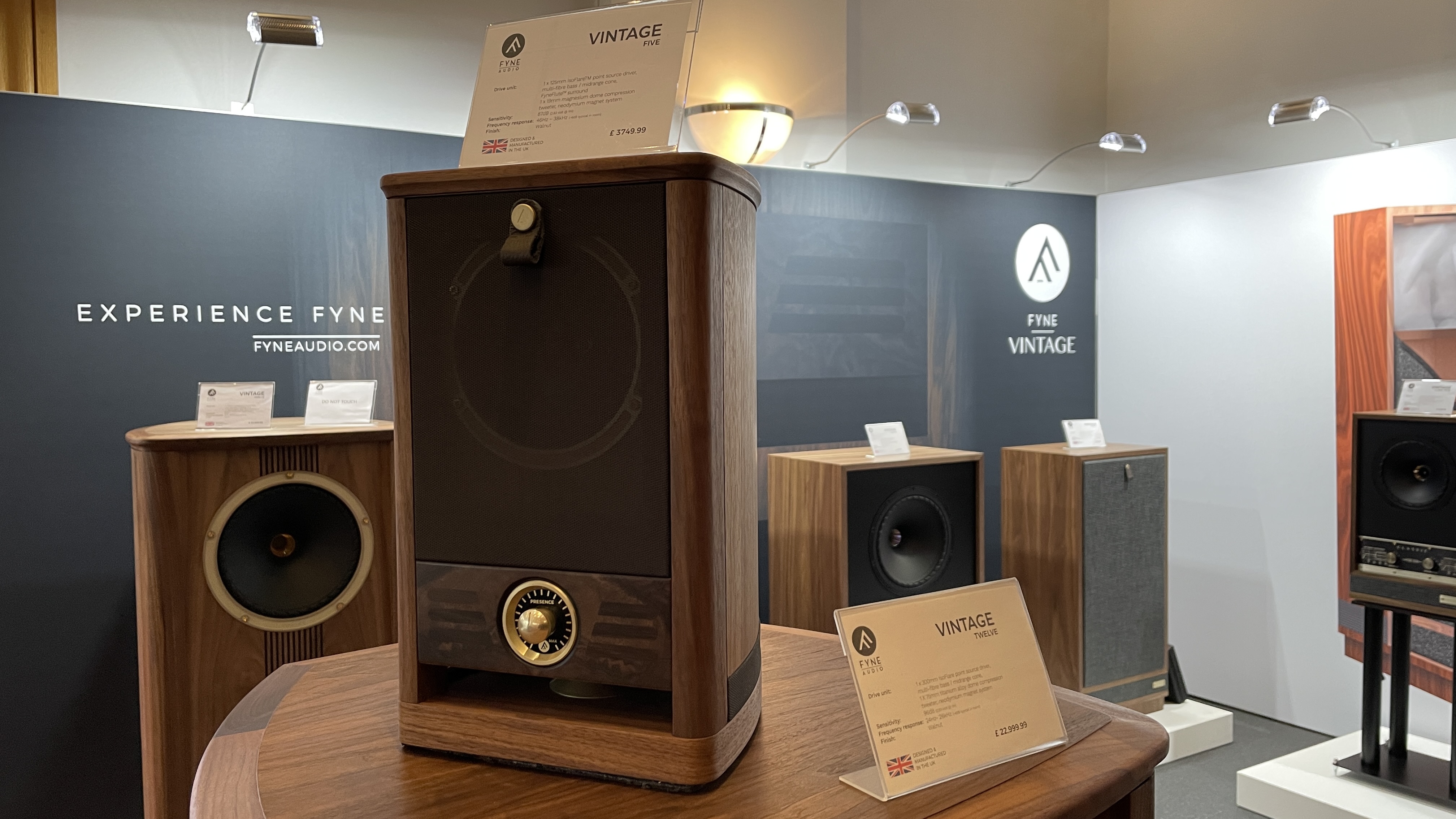
The Fyne Audio Vintage Five were a wonderful surprise hit with the What Hi-Fi? team at the Bristol Hi-Fi Show 2023 in February.
Unveiled alongside the much larger and more high-end Vintage Fifteen, the Five earn a place on this list for one simple reason – they’re small enough to fit into a regular-sized home.
As a bit of hardware, they are fairly impressive, featuring Fyne’s smallest IsoFlare driver, which combines a 5-inch (125mm) multi-fibre cone mid/bass driver with a FyneFlute surround and a 19mm magnesium dome high-frequency compression driver with a neodymium motor system.
The IsoFlare driver is built into a cast aluminium chassis and incorporates Fyne’s flux-focusing magnet. This reportedly helps eliminate vibration colouration and increases bass sensitivity.
Like all Vintage speakers, they also look gorgeous. The speakers are hand-built of birch ply, which has been hand-finished in oiled walnut veneer and burr walnut inlays. Like the larger Fifteen, it has an anodised gold trim and leather grille tab. Trust us when we say the pictures we took at the show don’t do justice to quite how nice they look.
That’s why we’re so excited to find out if the £3,749.99 Vintage Five sound as good as they look when we get them in for testing later this year.
MORE
These are the best British speakers we've tested
These are the most iconic British hi-fi innovations according to our experts
Check out our pick of the best turntables

Alastair is What Hi-Fi?’s editor in chief. He has well over a decade’s experience as a journalist working in both B2C and B2B press. During this time he’s covered everything from the launch of the first Amazon Echo to government cyber security policy. Prior to joining What Hi-Fi? he served as Trusted Reviews’ editor-in-chief. Outside of tech, he has a Masters from King’s College London in Ethics and the Philosophy of Religion, is an enthusiastic, but untalented, guitar player and runs a webcomic in his spare time.
